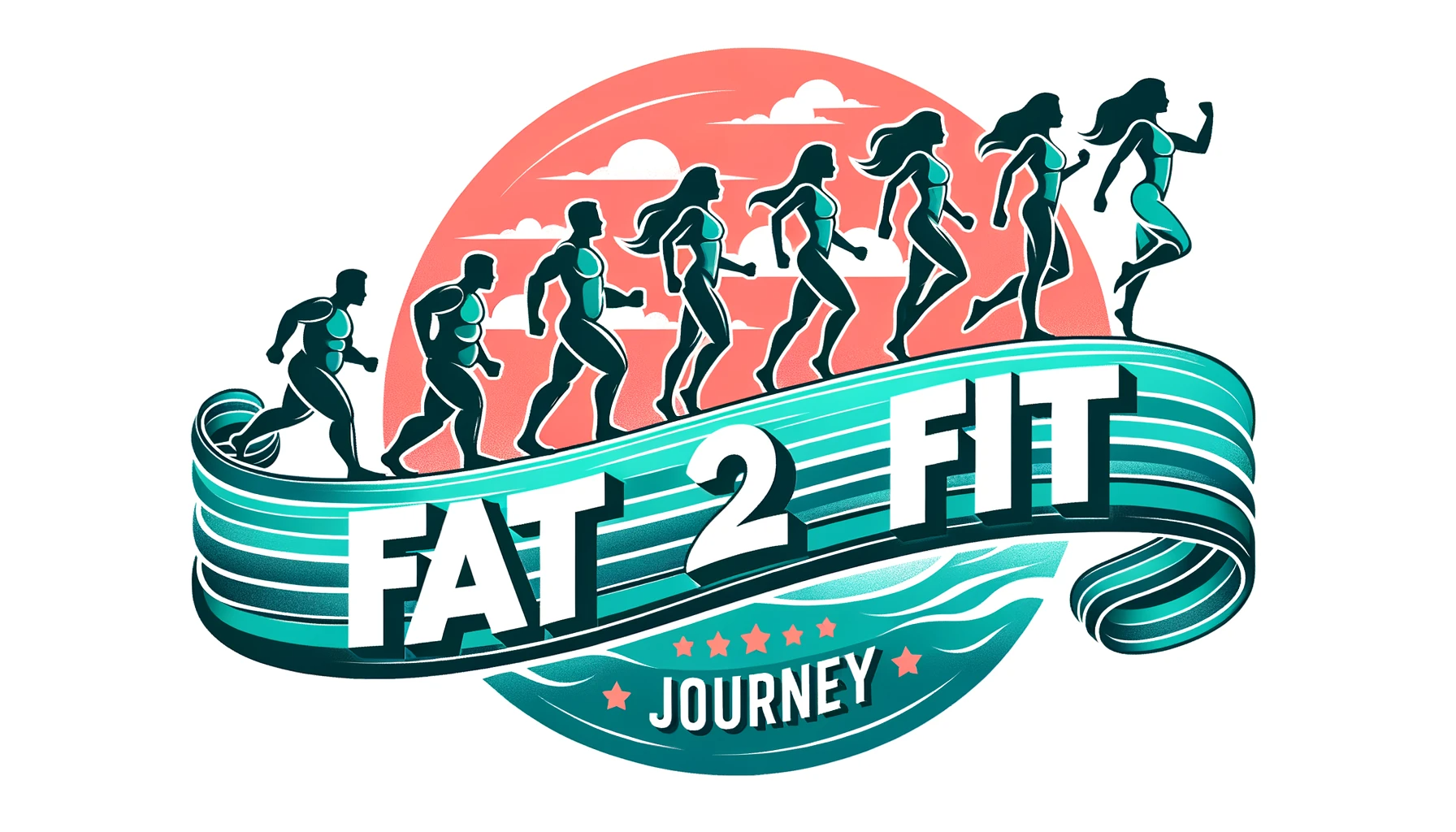Are you looking to enhance your athletic performance and achieve your personal fitness goals? Look no further than sports nutrition! In this article, we will explore the importance of fueling your body with the right nutrients and how it can positively impact your overall sports performance. Whether you’re a weekend warrior or a professional athlete, understanding the role of nutrition in optimizing your performance is key. So, let’s dive into the world of sports nutrition and discover how you can unlock your full potential!

Table of Contents
Understanding Sports Nutrition
Sports nutrition is a specialized branch of nutrition that focuses on the dietary needs of athletes and individuals engaging in physical activities. It involves the study and implementation of the right foods and nutrients to support optimal performance, enhance recovery, and maintain overall health.
Importance of Sports Nutrition for Performance
Nutrition plays a crucial role in an athlete’s performance. It provides the necessary fuel to support physical activity, aids in muscle repair and growth, boosts endurance and strength, and enhances recovery after intense training sessions. Good nutrition not only improves athletic performance but also reduces the risk of injuries and illnesses.
Key Macronutrients for Athletes
Carbohydrates
Carbohydrates are the primary source of energy for athletes. They provide fuel for muscles during exercise and are essential for maintaining high-intensity performance. Complex carbohydrates such as whole grains, fruits, and vegetables are the preferred choices as they provide sustained energy release.
Proteins
Proteins are essential for building, repairing, and maintaining muscle tissues. They also assist in the production of enzymes and hormones, which play a vital role in various physiological processes. Athletes require higher amounts of protein to support muscle recovery and growth. Good sources of protein include lean meats, poultry, fish, dairy products, legumes, and plant-based protein sources like tofu and tempeh.
Fats
Contrary to popular belief, fats are crucial for athletes’ optimal performance. They provide a concentrated source of energy and assist in the absorption of fat-soluble vitamins. Healthy fats, such as those found in nuts, seeds, avocados, and olive oil, are recommended for athletes to support brain function, hormone production, and overall well-being.
Carbohydrates: The Primary Energy Source
Types of Carbohydrates
Carbohydrates can be classified into two main types: simple carbohydrates and complex carbohydrates. Simple carbohydrates, often referred to as sugars, provide quick bursts of energy but should be consumed in moderation. Complex carbohydrates, on the other hand, provide sustained energy due to their slower digestion, making them ideal for athletes.
Carbohydrate Loading
Carbohydrate loading is a strategy used by endurance athletes to maximize their glycogen stores before an event. This involves increasing carbohydrate intake in the days leading up to the competition or intense training session. It helps to optimize energy levels and delay the onset of fatigue during prolonged activities.
Timing of Carbohydrate Intake
When it comes to fueling your body, the timing of carbohydrate intake is crucial. Consuming carbohydrates before and during exercise can provide the necessary energy for optimal performance. Additionally, replenishing carbohydrates after exercise helps to restore glycogen stores and facilitate muscle recovery.

Proteins: Building and Repairing Muscles
Importance of Protein for Athletes
Protein is essential for athletes as it supports muscle repair and growth. During intense physical activity, muscle fibers experience micro-tears and protein is needed to rebuild and strengthen them. Adequate protein intake also aids in the immune function and the synthesis of enzymes and hormones.
Recommended Protein Intake
The recommended protein intake for athletes varies depending on individual factors such as body weight, training intensity, and goals. It is generally recommended to consume 1.2 to 2 grams of protein per kilogram of body weight per day. Athletes should distribute their protein intake evenly throughout the day to support muscle protein synthesis.
Sources of Protein
Athletes can obtain protein from both animal and plant-based sources. Good sources of protein include lean meats, poultry, fish, dairy products, legumes, nuts, and seeds. Incorporating a variety of these protein sources into your diet ensures an adequate intake of essential amino acids, the building blocks of protein.
Fats: Essential for Optimal Performance
Role of Fats in Sports Nutrition
Fats are a concentrated source of energy and provide essential fatty acids that are needed for various bodily functions. In sports nutrition, fats are particularly important for endurance athletes who rely on their fat stores as a source of energy during prolonged exercise. Fats also provide insulation and protection for organs and assist in the absorption of fat-soluble vitamins.
Types of Dietary Fats
There are different types of dietary fats, and it’s important to choose the right ones for optimal performance. Saturated fats, found in foods like fatty meats and full-fat dairy products, should be consumed in moderation. Unsaturated fats, such as those found in nuts, seeds, avocados, and oils, are considered healthy fats and should be emphasized in an athlete’s diet.
Healthy Sources of Fats
To incorporate healthy fats into your diet, try consuming foods like avocados, fatty fish (such as salmon and mackerel), nuts, seeds, and olive oil. These foods provide a good balance of essential fatty acids, including omega-3 and omega-6, which promote heart health and optimal performance.

Micronutrients: Small but Vital
Vitamins
Vitamins are essential for overall health and well-being. Athletes, in particular, have increased micronutrient needs due to the stress placed on their bodies during physical activity. Vitamins, such as vitamin C and vitamin E, act as antioxidants, protecting cells from damage caused by intense exercise. It’s important to consume a variety of fruits, vegetables, and whole grains to obtain an adequate intake of vitamins.
Minerals
Minerals, such as iron, calcium, and magnesium, are vital for athletes as they support various bodily functions. Iron is necessary for oxygen transport and plays a crucial role in preventing fatigue and optimizing performance. Calcium is important for bone health, while magnesium helps with muscle contraction and relaxation. Including sources of minerals such as lean meats, dairy products, leafy greens, and whole grains in your diet is crucial for meeting your mineral needs.
Antioxidants
Antioxidants help to protect the body from the damaging effects of free radicals produced during intense physical activity. Fruits, vegetables, and nuts are excellent sources of antioxidants and should be included in an athlete’s diet to promote recovery and reduce inflammation.
Hydration: Stay Quenched for Peak Performance
Importance of Hydration
Proper hydration is vital for athletes to maintain performance and prevent dehydration. Even mild dehydration can negatively impact physical and mental performance. Hydration is essential for regulating body temperature, transporting nutrients, and removing waste products from the body.
Electrolyte Balance
Electrolytes, such as sodium, potassium, and magnesium, play a crucial role in hydration. These minerals help to maintain fluid balance, nerve function, and muscle contractions. Athletes should be mindful of their electrolyte intake, especially during prolonged or intense physical activity, by consuming electrolyte-rich foods and beverages.
Hydration Strategies for Athletes
To stay adequately hydrated, it is recommended to drink water throughout the day and during exercise. Athletes should monitor their fluid intake and urine color to ensure proper hydration. Additionally, consuming hydrating foods with high water content, such as fruits and vegetables, can contribute to overall hydration status.
Pre-Workout Fuel: Energizing Your Body
Pre-Workout Meal/Snack Ideas
A balanced pre-workout meal or snack is essential to fuel your body for optimal performance. Aim to consume a combination of carbohydrates, proteins, and fats. Some pre-workout meal/snack ideas include a banana with almond butter, Greek yogurt with granola, or a turkey and avocado sandwich on whole grain bread.
Timing of Pre-Workout Meals
The timing of your pre-workout meal or snack is crucial to ensure proper digestion and energy availability during exercise. Generally, it is recommended to consume a meal or snack 1 to 3 hours before exercise, depending on individual tolerance. Experiment with different timing strategies to find what works best for your body.
Post-Workout Nutrition: Recovery and Repair
Importance of Post-Workout Nutrition
Post-workout nutrition is crucial for repairing muscles and replenishing glycogen stores after intense physical activity. Consuming the right nutrients within the post-workout window helps to optimize recovery, reduce muscle soreness, and prepare your body for the next training session.
Protein and Carbohydrate Ratios
The ideal post-workout meal or snack should contain a combination of carbohydrates and protein. A ratio of 3:1 or 4:1 (carbohydrates to protein) is often recommended to stimulate muscle protein synthesis and glycogen replenishment. Examples of post-workout meals include a protein shake with fruit, grilled chicken with quinoa, or a turkey and vegetable wrap.
Optimal Time for Post-Workout Nutrition
To maximize the benefits of post-workout nutrition, it is important to consume a meal or snack within 30 minutes to 2 hours after exercise. This is when your body is most receptive to nutrient absorption and muscle repair. Aim to incorporate both carbohydrates and protein in your post-workout meal to support optimal recovery.
Supplements: Enhancing Performance and Recovery
Types of Sports Supplements
Sports supplements are products that aim to enhance athletic performance, aid in recovery, or support overall health. There are various types of sports supplements available on the market, including protein powders, creatine, BCAAs (branched-chain amino acids), and pre-workout formulas.
Popular Supplements for Athletes
Different athletes have different supplement needs, and it is essential to consult with a healthcare professional or registered dietitian before incorporating supplements into your routine. Some popular supplements for athletes include whey protein for muscle recovery, creatine for increased strength and power, and caffeine for improved endurance and focus.
Considerations for Supplement Use
While supplements can complement a well-rounded diet, they do not replace it. It’s important to prioritize whole food sources and balanced meals before relying on supplements. Always choose reputable brands, check for third-party testing, and follow recommended dosages for safety and effectiveness.
In conclusion, understanding sports nutrition is essential for athletes looking to optimize their performance, enhance recovery, and maintain overall health. By focusing on the key macronutrients of carbohydrates, proteins, and fats, incorporating micronutrients and hydration strategies, fueling properly before and after workouts, and supplementing mindfully, athletes can fuel their bodies for peak performance and achieve their goals in a healthy and sustainable manner.
